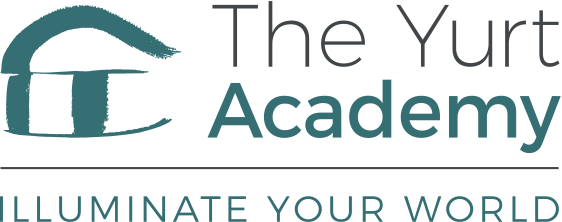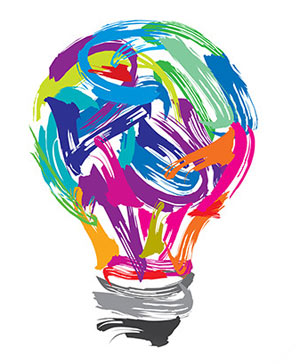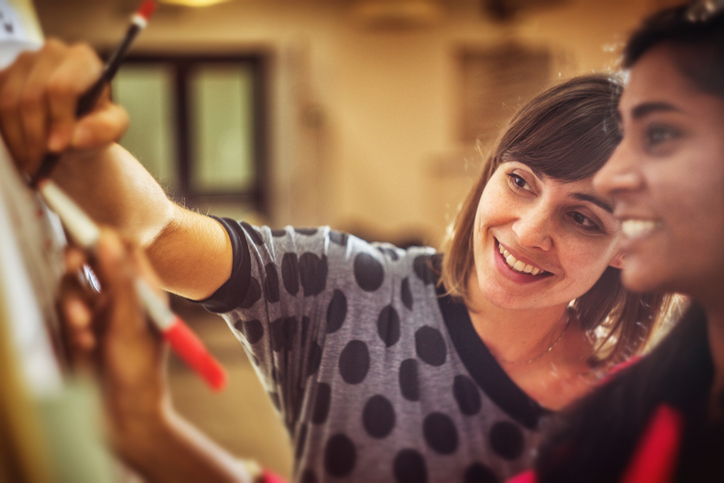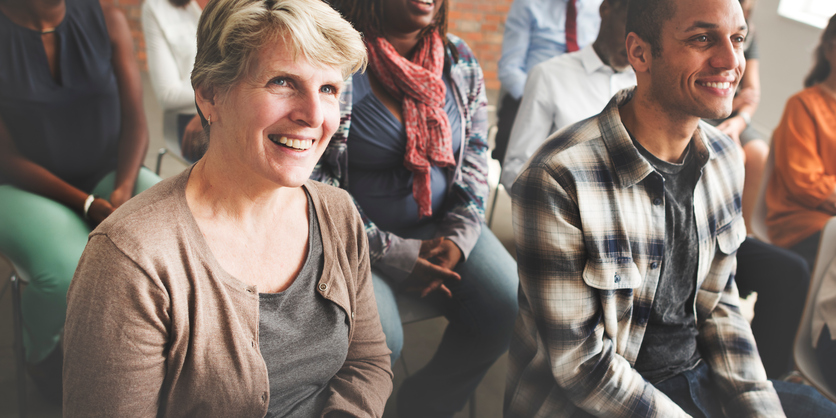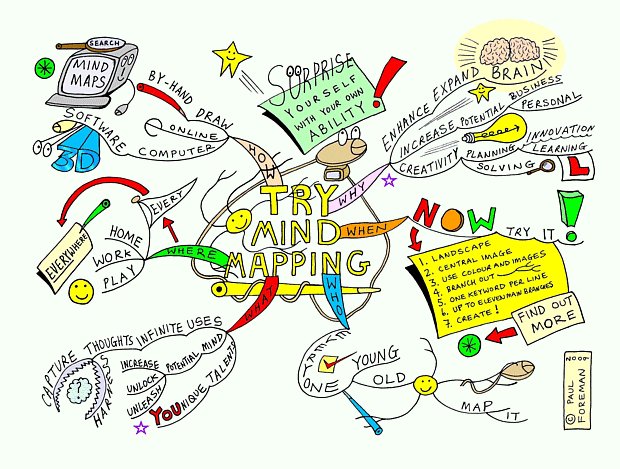Building Mental Resilience Through Positivity
Resilient people find potential in almost any challenge. They nurture positivity and see opportunity where others see problems. We can all build our mental resilience through nurturing habits and using techniques to increase positivity. It is about building the strength and the mindset to remain future- and solution-focused in ambiguous and challenging situations.
